When you purchase through links on our site, we may earn an affiliate commission.Heres how it works.
This wasn’t my big plan; that’s just how I worked.
I have a number of dedicated fans, and the games continue to earn my living.
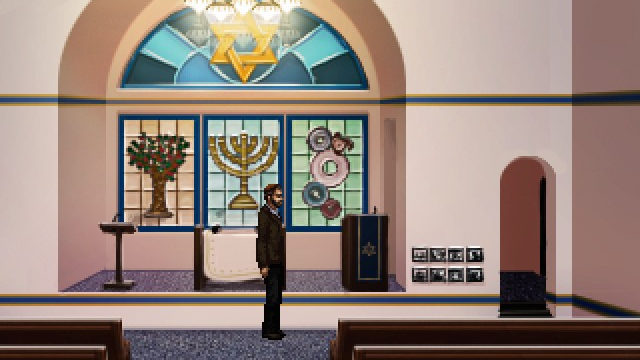
I’m very happy with that.
The biggest fear I have is that it will go away one day if I over-invest in something.
He had no clear idea of what to do for a living.
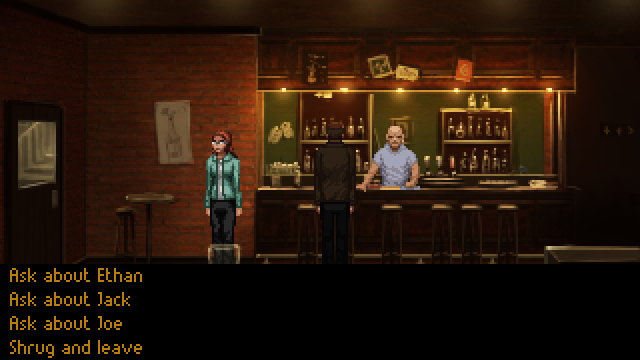
That immediacy, the positive feedback loop, it’s my dopamine hit.
Gilbert says he never thought, Oh, I should write games [for a living].
Theres nothing like being almost 30, living with your parents, and not having a job.
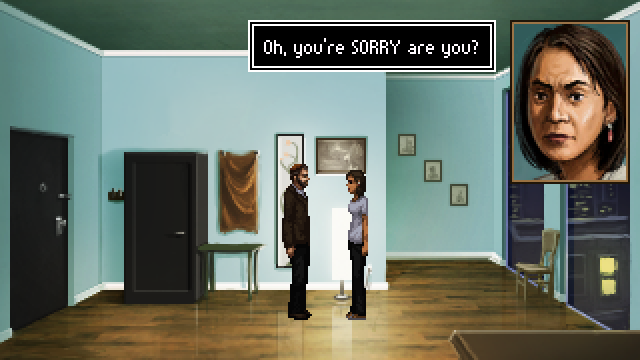
These regular competitions stoked creativity in the community, keeping the forums active.
There was no prize money attached, just kudos to earn among like-minded folks.
When I came back from Korea, I wanted to reconnect with that part of myself.
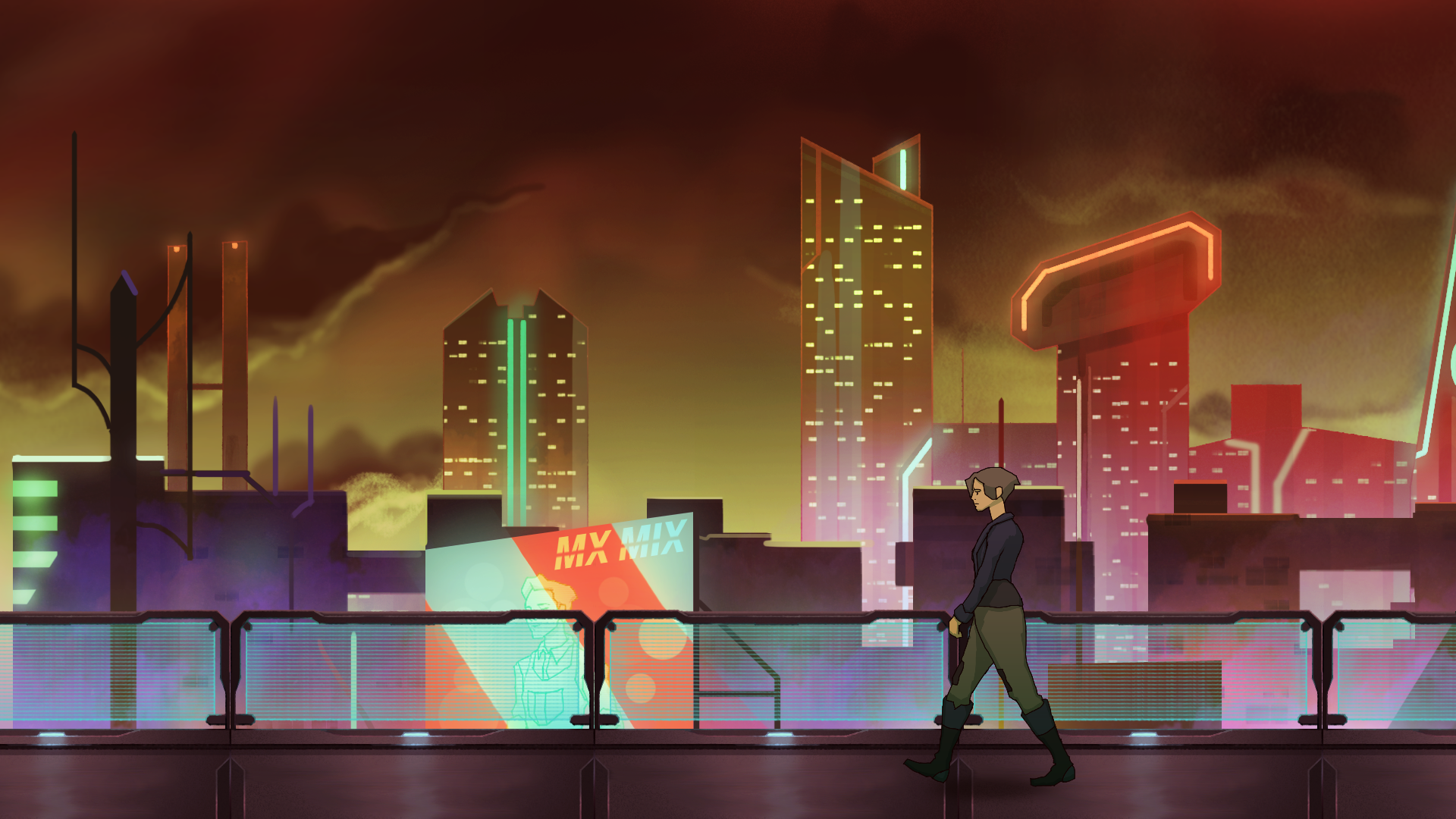
I took being surrounded by other Jewish people for granted, Gilbert says.
When I came back from Korea, I wanted to reconnect with that part of myself.
So I wrote this game.
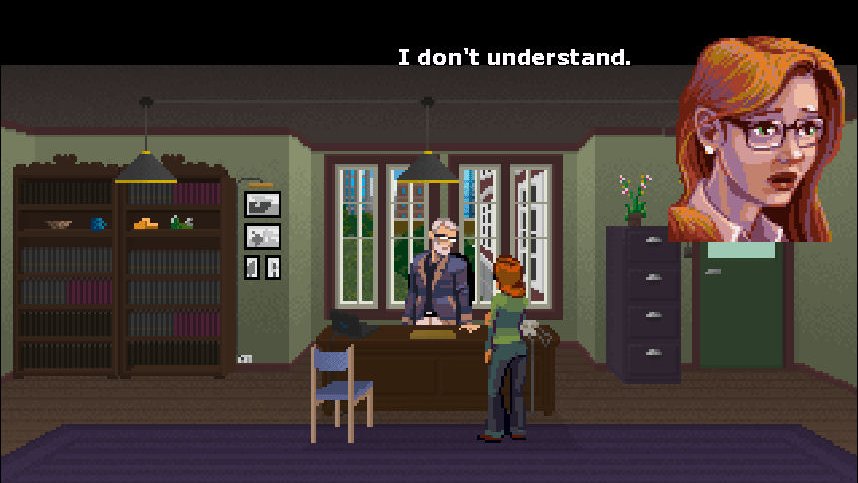
The community was tight-knit, Gilbert says.
The challenge when you decided to sell something was to expand beyond that little community.
One of the first AGS games sold commercially was a superhero parody calledThe Adventures of Fatman.
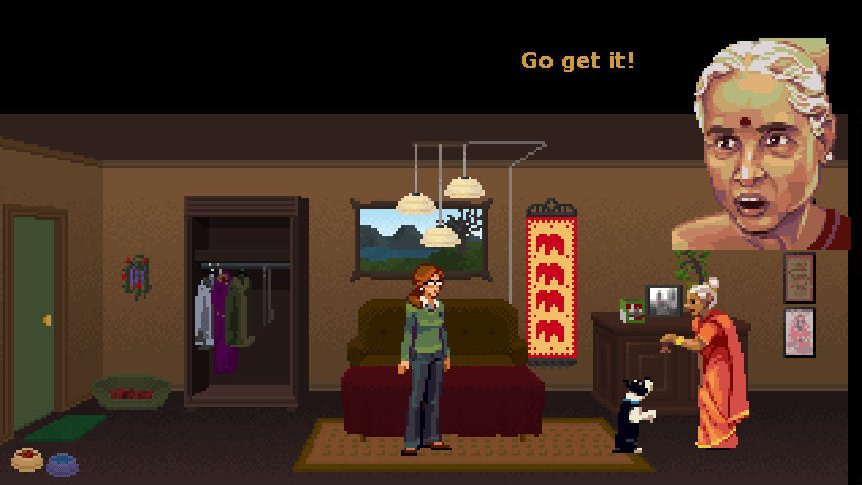
It went on sale in 2003, and its developer SOCKO!
Entertainment closed down within the year.
I think he got disillusioned very fast because he had a lot of trouble selling it, Gilbert says.
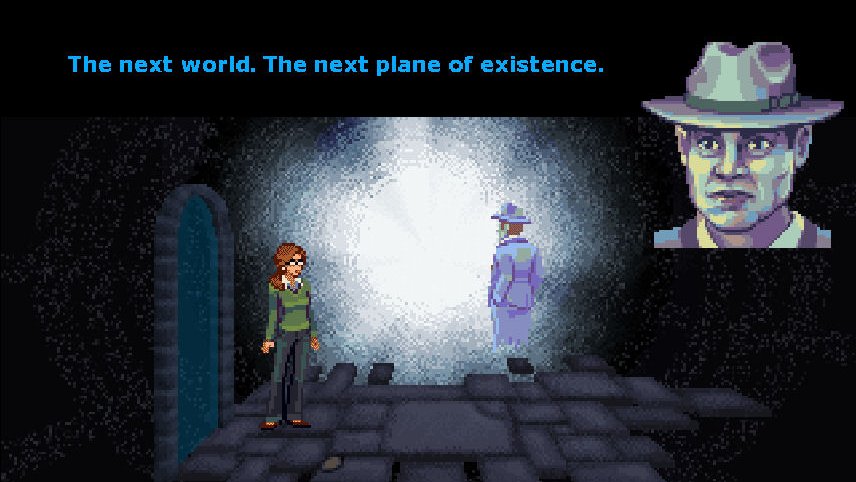
He completed it in four.
Living in New York, he knew of lots of people who were up for taking part in projects.
People still find bugs in that little game almost 20 years later.
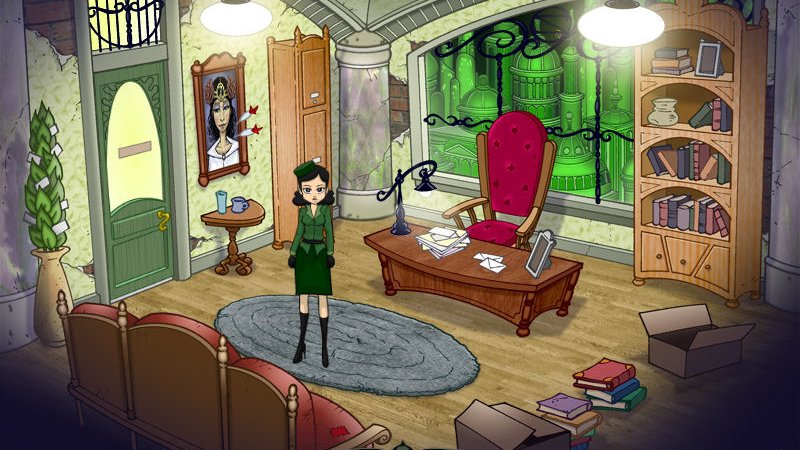
In part, those bugs came from how sleep-deprived he was.
I don’t think I slept last night… did I sleep the night before?'
My brain was all over the place.
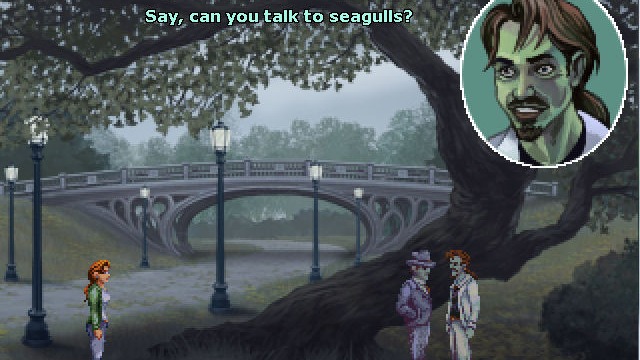
I never want to go through that again.
In 2006 there were fewer people making games than there are now, certainly as independent developers.
One advantage was when someone bought the game, I got the money right away.
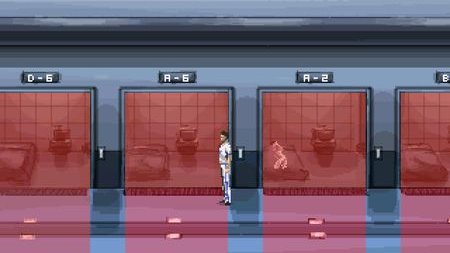
Without Wi-Fi in his apartment, Gilbert would go to a nearby cafe to work.
I don’t know if they ever played it.
With the advent of PayPal, customers became more confident using their credit cards online.
One advantage was when someone bought the game, I got the money right away.
I didn’t have to wait until Steam or GOG paid me.
It felt so good to actually pay for something with game sales.
He went looking for anyone who showed a willingness to review or talk about indie games.
I pulled it out of my butt, Gilbert says.
And ironically, it’s a fan favorite.
The game is also a favorite for Gilbert.
I wasn’t second-guessing myself all the time.
Is this marketable?
If the game failed, I would be done.
I didn’t like those odds.
Through 2008 and into 2009, Gilbert madeEmerald City Confidential, the first game he made for a publisher.
I thought, Okay, the casual market seems to be where things should go.
Hubristically, I thought, I know how to publish games.
I will just do what PlayFirst does for me.
Gilberts first attempt at publishing a game didnt go exactly to plan.
But the real problem came at release, Gilbert says.
It wasn’t cute sprite art anymore.
It was now spooky, realistic, hidden object games.
The game sold, but nothing like what Gilbert had hoped.
Looking back, its the game Gilbert likes the least in the series.
After that, he says, I just focused on what I liked.
I live in New York, I know New York, I love New York, Gilbert says.
You have to like what you’re doing.
If you’re phoning it in, people can tell.
We were on the edge of our seats for the entire thing.
There was just nothing like it at the time.
The sci-fi adventure was an instant success.
Gemini Ruesold more within its first week than everything Wadjet Eye had done by that point, Gilbert says.
It was a phenomenon.
It was the first game to go beyond the adventure game bubble.
Gemini Ruewas released in February 2011, and in October, Gilbert was able to launch his newBlackwellgame.
Since then, Gilbert’s has continued to both develop and publish games.
‘Ugh, what about my vision, dammit?’
I want to do my thing again.
I can’t imagine managing individual teams of people.
I would have to rethink how I do everything.
There’s a plateau for what these games can earn.
At least, I don’t think it would earn a several-million-dollar budget back.
Thats not to say he doesnt look at other game developers' work and wonder.
Gilberts games have won awards and made him a living for nearly two decades.
The way he works is sustainable in a way other larger studios are not.
And that’s all I want to do.